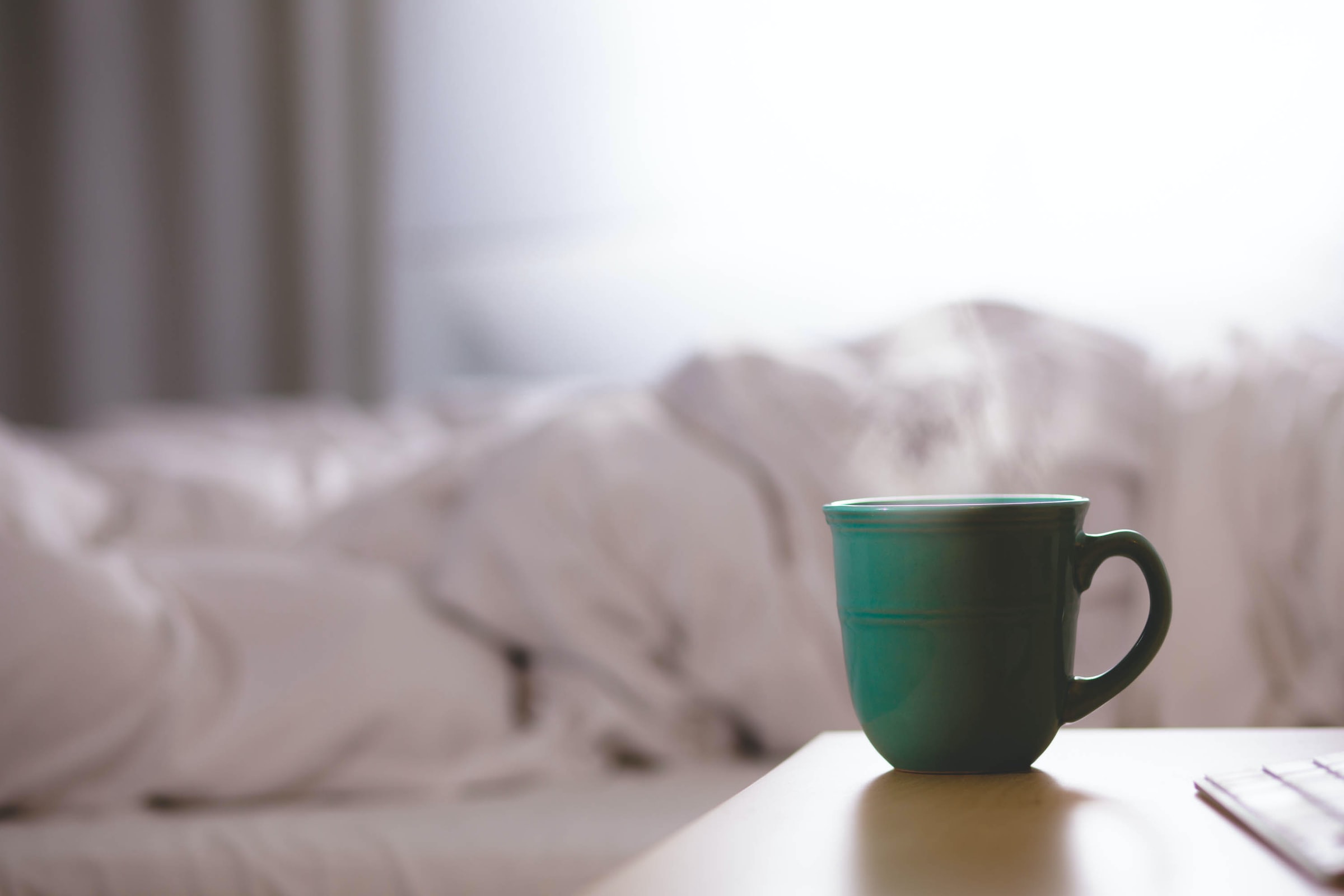Sleep is very important to our well-being. Not getting enough sleep has been linked to a number of chronic illnesses.
The American Academy of Sleep Medicine and the Sleep Research Society issued new guidelines for proper sleep, meaning you should get at least seven hours per night.
Consistently not getting seven hours can lead to weight gain, depression, hypertension, diabetes, heart disease and stroke. It can also impair your immune function and performance.
A study by the University of California, San Francisco examined the link between not getting enough sleep and the likelihood of catching a cold. A group of 164 participants, comprised of men and women between the ages of 18 and 55, underwent substantial health screenings.
They also filled out extensive questionnaires and paperwork on their lifestyle, diet, exercise routines, their intake of alcohol and tobacco, and their stress levels.
The participants’ sleep habits were measured for a full week, and saliva samples were taken before researchers administered nasal drops with a live cold virus. In the following week, study participants were monitored closely, and the results speak for themselves.
Those who consistently got less than six hours of sleep a night were 4.2 times more likely to catch a cold. No change was noted in participants who slept longer than six hours consistently. Interestingly, it didn’t matter if study participants slept seven hours at a time or broke it up into fragments.
It appears that the total amount of sleep in a 24-hour period is what matters. This would confirm what researchers have said about biphasic sleep, where people break up their sleep into two phases.
This practice was common before the nineteenth century, when people who woke up in the middle of the night used their time awake to talk, pray or think about their dreams. Nowadays we simply call waking up at night insomnia.
According to surveys, most Americans have experienced insomnia, i.e., problems falling asleep or staying asleep.
Due to hectic daily lives, most people can’t afford to be awake for several hours at night. Therefore, to fall asleep and stay asleep at night, here are a few changes you can try implementing to your nightly routine:
- Lose the screens. The white/blue light emitted from TV screens simulates daylight and stimulates cognitive brain function. This makes you feel like it’s not time to go to sleep, and even if you go to bed, you may not fall asleep.
- Download a red light app. Unlike blue light, red light actually helps you slow down and stimulates the production of melatonin, which helps you fall asleep. Red light apps are available for Apple and Android devices alike, and the red filter can be increased according to your own preferences. Some people will even purchase glasses with red lenses to wear in the evening before bedtime.
- Read a book. Try reading a book instead of browsing the latest news on Facebook, but make it one that doesn’t stimulate your imagination too much. Stephen King may not be the best choice to put you to sleep, but a relaxing nonfiction book may just do the trick.
- Meditate. Don’t go to sleep anxious. Calm your mind by meditating. Even just a few minutes will signal your brain to slow down and rest. Meditation apps are available for download if you’d like to do a guided meditation to fall asleep.
- Keep your routine the same every night. Going to sleep the same time every night, meditating, reading, whatever it is that helps you to calm down and find peace — keep doing it every night. Your body learns intuitively and will know what is expected of it.
- Supplement. If all else fails, you may supplement with magnesium or melatonin to help you fall asleep. Steer clear of red wine, though. While it’s true that wine helps you go to sleep, it will not help you stay asleep.


